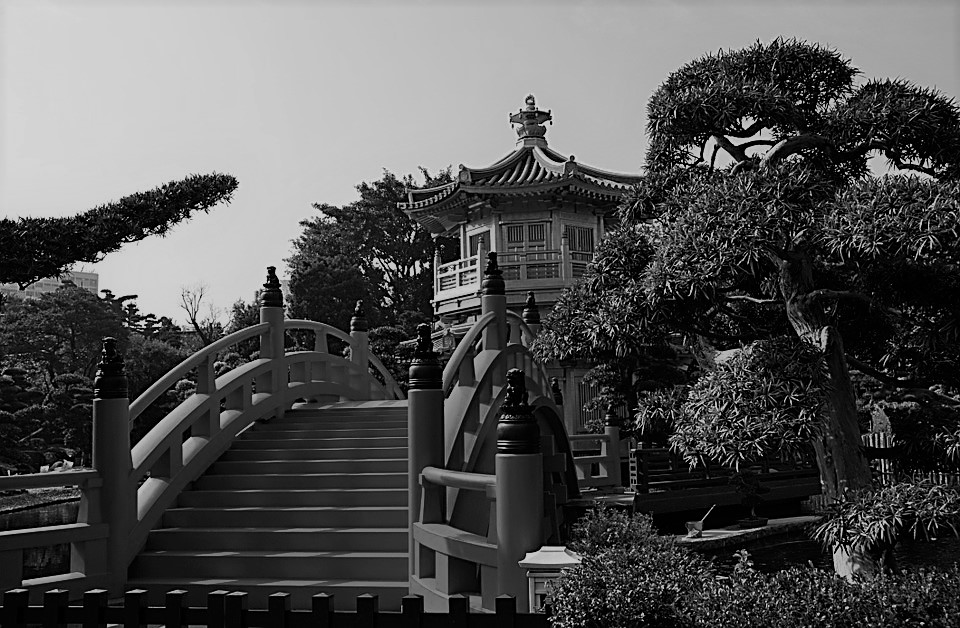Beijing has ordered local governments across China not to fuel “religious crazes” to boost tourism and grow their economies.
Sites of religious significance are banned from charging high entrance fees, according to guidelines released on Thursday by departments including the State Administration of Religious Affairs (SARA), aimed specifically at Buddhist and Taoist temples.
Local governments are also discouraged from erecting large religious effigies and building temples in non-religious locations for the sake of attracting tourists.
Religion has seen a revival in China in the last 30 years as the officially atheist Communist Party has relaxed its once-severe repression.
Buddhism and Taoism have tens of millions of followers. In recent years some temples have been converted into museums by local authorities, and tourists required to buy tickets.
In other cases, officials and developers build parks and lakes around temples and demand that the resident clergy share revenue from entrance fees.
Authorities say they will also crack down on the hiring of bogus monks or the holding of fake rituals to reap donations.
Temples are allowed to engage in commercial activities, such as publishing books or selling religious objects, but they should be for the maintenance of the temples or for charity programmes, said a SARA statement.
EFE






